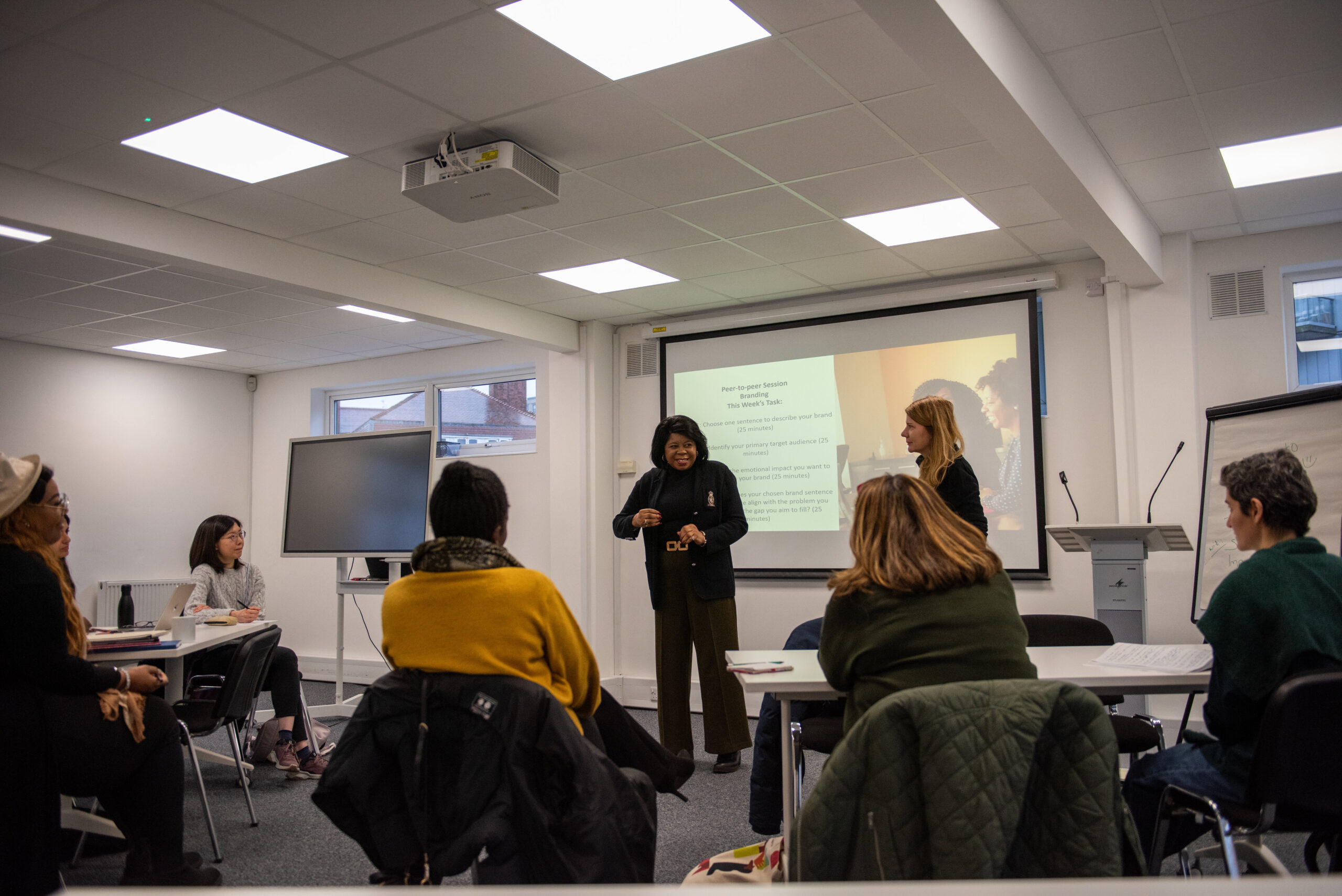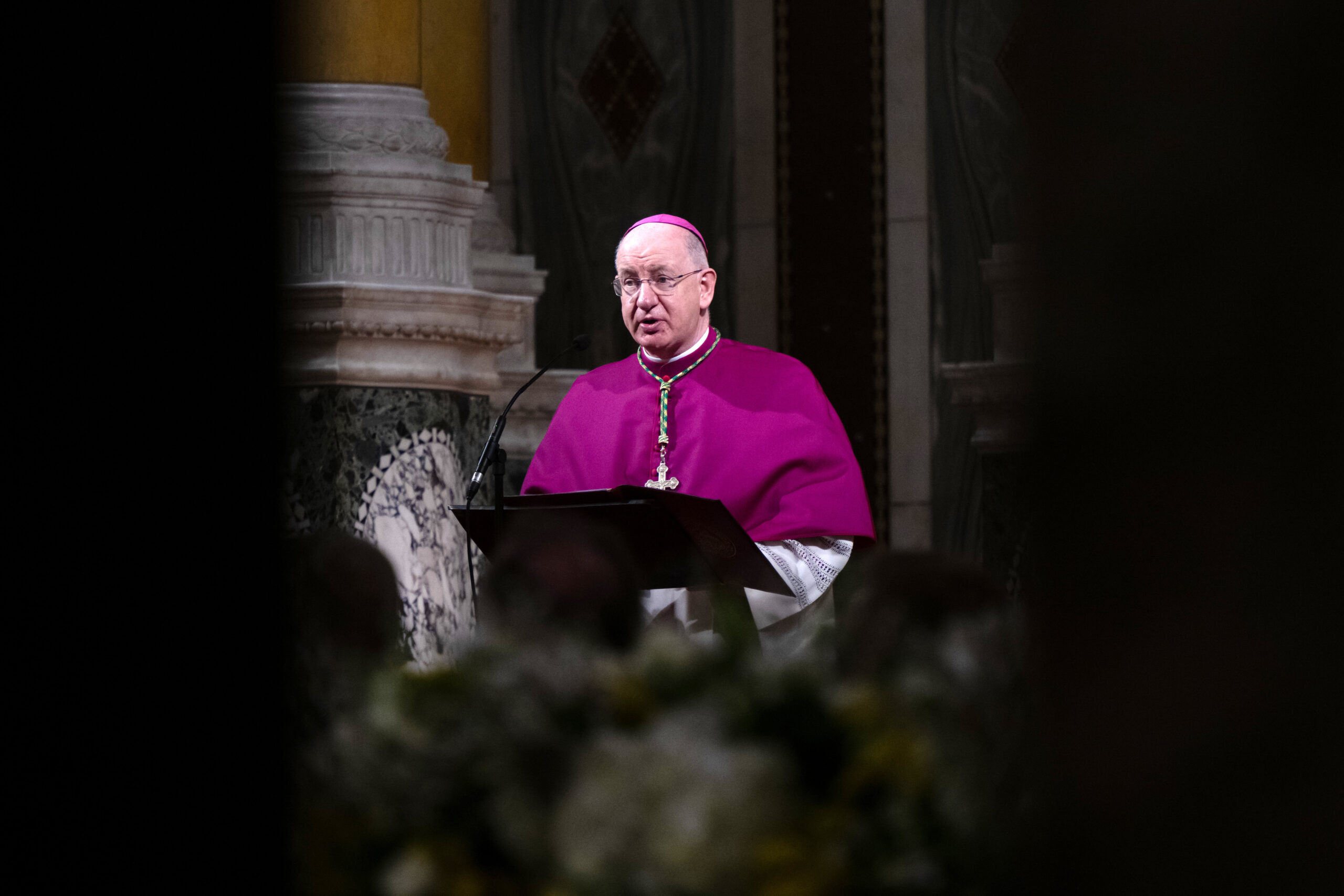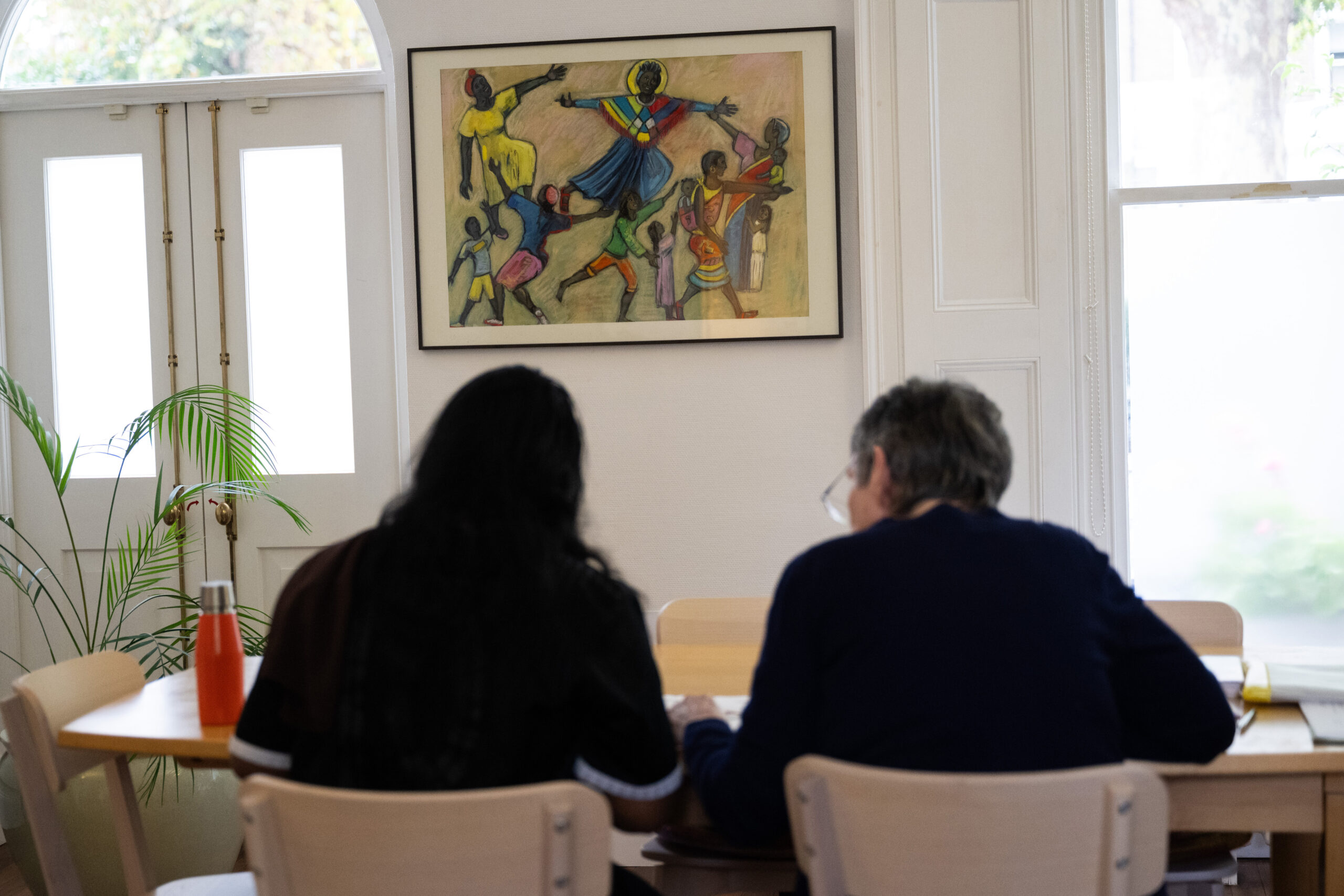
at Caritas St Joseph’s
Caritas Westminster is developing a social innovation and business centre in Wembley. The centre will act as an ‘incubator’ and ‘accelerator’ for social entrepreneurs developing business ideas with social outcomes. Entrepreneurs will be drawn from marginalised communities and will receive support as well the opportunity to test their ideas for up to 12 months.
In addition, the centre will establish preparation for work and skills training programmes for people who for one reason or another may find it difficult to negotiate the employment market.
Alongside the above, we will develop our own social enterprise businesses in order to provide training and employment to the same groups, which could include people with disabilities, ex- prisoners, people recovering from mental health problems and people coming out of homelessness. We will be looking for mentors from the business community to help establish our programmes and commercial activities.
The dignity of workers is a central pillar of Catholic Social Teaching. Work gives us purpose, dignity, and the ability to provide for our families and communities. In the UK the number of jobless people is at an all-time low – but the number of ‘in work’ poor people are at a high.
It’s not work per se but dignified work which the Church speaks to in its teachings. As far back as 1850 Leo 13th was saying:
“The following duties . . . concern rich men and employers: Workers are not to be treated as slaves; justice demands that the dignity of human personality be respected in them, … gainful occupations are not a mark of shame to man, but rather of respect, as they provide him with an honourable means of supporting life.It is shameful and inhuman, however, to use men as things for gain and to put no more value on them than what they are worth in muscle and energy”. (Rerum Novarum, 1850)
As recently as 2015 Pope Francis developing the Churches teaching states:
“Work should be the setting for this rich personal growth, where many aspects of life enter into play: creativity, planning for the future, developing our talents, living out our values, relating to others, giving glory to God. It follows that, in the reality of today’s global society, it is essential that “we continue to prioritize the goal of access to steady employment for everyone,” …………… Work is a necessity, part of the meaning of life on this earth, a path to growth, human development and personal fulfilment. Helping the poor financially must always be a provisional solution in the face of pressing needs. The broader objective should always be to allow them a dignified life through work”. (Laudato Si, 2015)
The social innovation and business centre is currently in development, so watch this space
For further information contact: johncoleby@rcdow.org.uk



